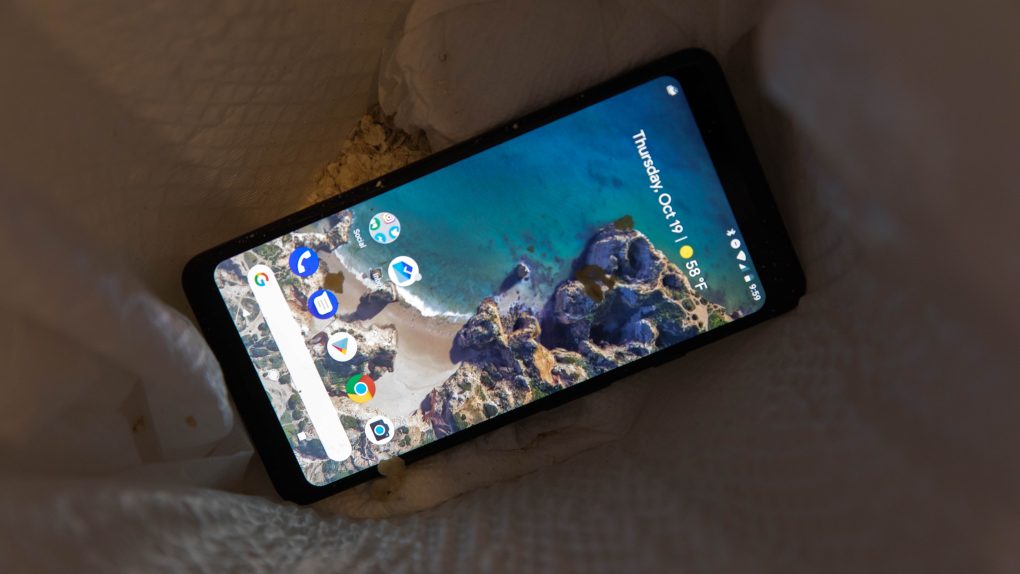Wow, Google, not you too! Remember back in July when OnePlus decided it was perfectly okay to spam buyers with surveys directly on the OnePlus 5, a device that was launched just a few weeks before that? At the time I said that’s a great reason not to buy a phone from a company that would pull such moves. Now I’ll repeat myself and say the same thing about Google’s Pixel 2.
So, Google, why are you running surveys on the Pixel 2? I’d totally get it if you informed users or asked their permission to run them inside the Settings app, or anywhere else on the screen. But, let’s remember that the Pixel phones are already expensive devices. That means customers shouldn’t also have to “pay” Google by answering surveys that pop-up on their phones. What’s next? More ads?
Amazon sells special Android phones that have discounts because they show ads on the lock screen. Those are Prime Exclusive Phones that are clearly marketed as being subsidized by ads. Buyers know that for a cheaper price tag they can buy some of the hottest entry-level phones in town, as long as they’re okay with seeing offers and ads on the lock screen.
Any Android user who chooses a Pixel phone is ready to pay the sticker price. On top of that, he or she is likely using plenty of Google services on the device that generate plenty of ad revenue. It’s unclear how many Pixel 2 users saw this new intrusive survey, but Android Central explains that one of its editors was the first to spot a pop-up near the bottom right of the screen, as seen in the following screenshots:
Interesting. Google's running a survey in the settings of the Pixel 2 XL … pic.twitter.com/X7XQi56fCx
— Andrew Martonik (@andrewmartonik) January 4, 2018
Google wants to know how it can improve the Pixel, and that’s commendable given that the Pixel 2 phones were riddled with issues soon after they launched. But there must be a better way to go about it.
On one hand it's a good way to get survey data from people who definitely have the phone. On the other hand, get the fuck out of my settings with this pop up?
— Andrew Martonik (@andrewmartonik) January 4, 2018
It’s one thing to see this sort of behavior from OnePlus, and quite another to see it on a Google phone. If you do it, Google, then it means any Android device maker can spam its customers with all sorts of unwanted messages.
Imagine the outrage we’d see if Apple did this on the iPhone…








